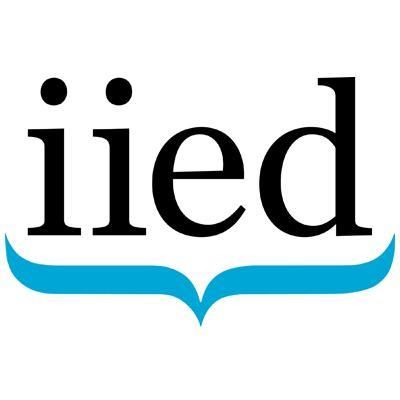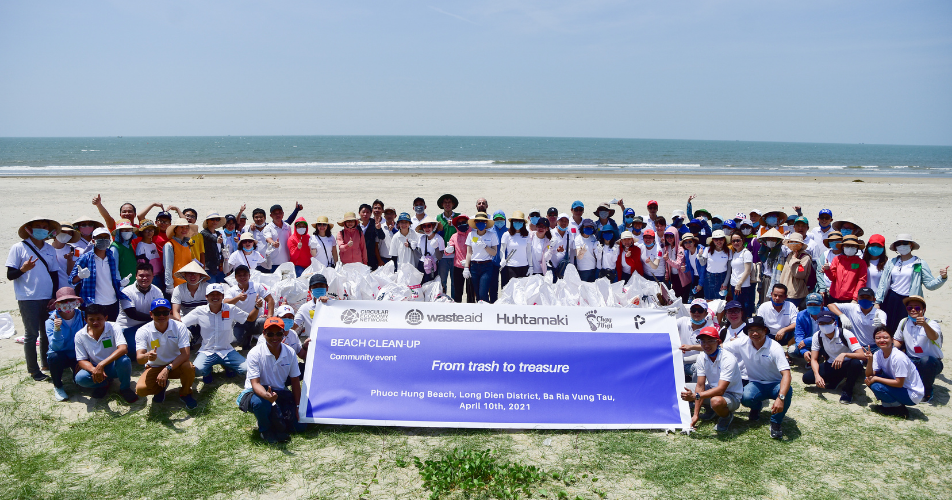Nat Libby of WasteAid discusses the growing issues of waste and associated emissions in cities worldwide, how circular economy solutions offer a sustainable way forward, and how WasteAid’s new Zero Waste Cities Challenge incentivises sustainable entrepeneurship in South Africa, India and Vietnam.
By 2050, two thirds of the global population will live in cities. But infrastructure to improve how cities handle their waste remains largely untouched.
In fact, waste is the third largest source of climate change in these urban areas. Second only to buildings and transport, open waste burning and waste dumping are major contributors to greenhouse gas emissions.
Waste generation is also at an all time high. Rapid urbanisation leads to people consuming more and wasting more. Global waste generation is increasing faster than any other environmental pollutant.
Not only is waste having a detrimental impact on the planet, but it is the poorest communities who are disproportionately affected by the increase in global consumption. For example, the way local municipalities manage waste across India, South Africa and Vietnam is having a big impact on the environment, the economy and local livelihoods.
Today, only a fraction of waste in Guwahati, Johannesburg and Ho Chi Minh is recycled. Instead, the majority ends up in landfills, dumpsites or is littered into the environment, which has big consequences on the lives of city residents — exacerbating the poverty crisis.
But solutions across each nation are growing.
Brilliant minds are hard at work solving the problem of waste, whether tackling food, textiles, plastic or something else entirely, all supporting the transition to a more circular economy.
What is a Circular Economy?
A circular economy means different things to different people.
Broadly speaking, however, there are three key principles:
- Designing out waste and pollution from the start
- Keeping products and materials in use for as long as possible
- Regenerating natural systems by returning waste to its natural state
Instead of the ‘take, make, dispose’ mindset that dominates the world, the circular economy proposes a closed loop system. So that raw materials, components and products are kept in the production system for as long as possible and for the highest possible value.
The emphasis is on repair, reuse and recycling.
Help Close the Loop on Waste
If one thing’s for certain, it’s that local innovations hold the key to a greener, fairer and more circular economy.
That’s why WasteAid’s Circular Economy Network is launching the Zero Waste Cities Challenge to encourage entrepreneurship and keep resources in the loop across South Africa, India and Vietnam.
With six prizes of €10,000 and free business mentoring support, the competition is open to NGOs, businesses and individuals with innovative ideas for Johannesburg, Guwahati and Ho Chi Minh. Two winners from each city will receive seed funding and tailored business advice, helping to make their ideas a reality and supporting the transition to a more circular economy.
Find out more and join the movement now.


